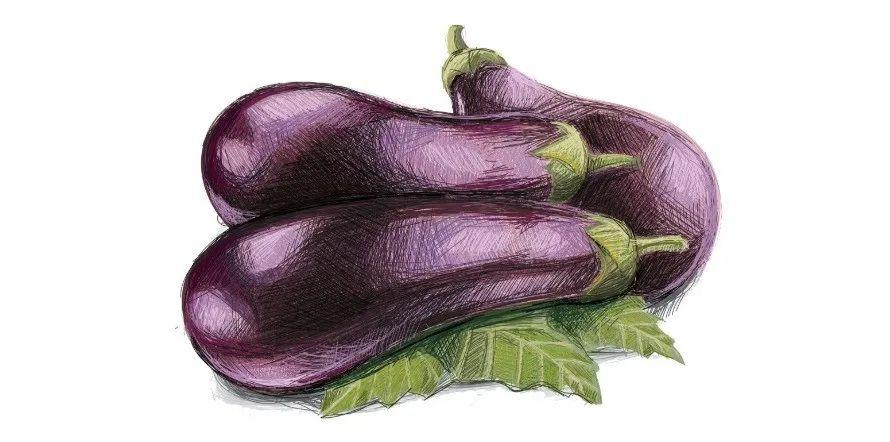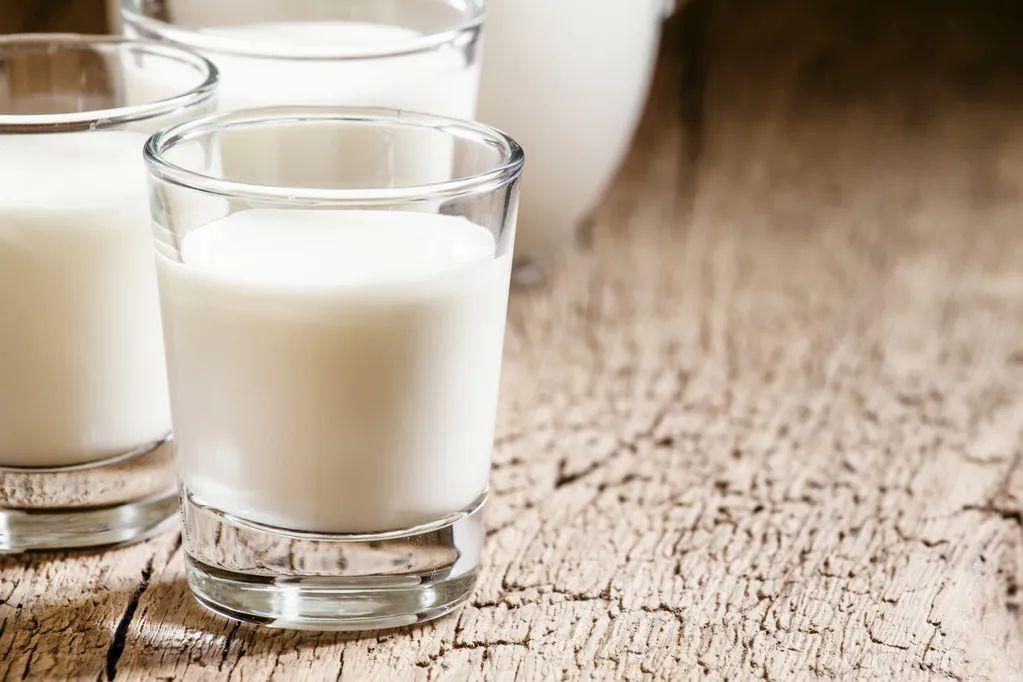Eating Less Is Not Eating Less: The Three Roles of Salt (NaCl)
One of the most common sayings we hear growing up is, "I've eaten more salt than you've eaten." This sentence has finally been proved that Chinese people do eat more salt.
New research from Queen Mary University of London confirms that:China has one of the highest salt intakes in the world.
Three functions of salt in the human body
1. Maintain osmotic pressure of extracellular fluid
Na and Cl are the main ions that maintain the osmotic pressure of extracellular fluid. K and HPO4 are the main ions that maintain the osmotic pressure of intracellular fluid. In the extracellular fluid, Na accounted for more than 90% of the total number of cations, and in the total number of anions, Cl accounted for about 70%. Therefore, salt plays an important role in maintaining osmotic pressure and affects the movement of water in the body.
2. Participate in the regulation of acid-base balance in the body
Sodium bicarbonate, formed from Na and HCO3, acts as a buffer in the blood. There is also a balance between Cl and HCO3 in plasma and red blood cells. When HCO3 permeates from red blood cells, the anion in red blood cells is reduced, and Cl enters red blood cells to maintain the balance of electrical properties. And vice versa.
3. Chloride ions are involved in the production of stomach acid in the body
Gastric juice is strongly acidic, pH is about 0.9 ~ 1.5, its main components are pepsin, hydrochloric acid and mucus. Parietal cells in the stomach glands secrete hydrochloric acid.
Parietal cells send HCO3 into the blood and secrete H into gastric juices. This is when Cl- enters the gastric fluid from the blood through the parietal cells to maintain electrical balance.
Despite the positive effects of salt in the human body, numerous studies have shown that:Excessive consumption of salt is directly harmful to the body.
According to experts, the amount of salt eaten is related to the incidence of high blood pressure,The more salt you eat, the higher the risk of high blood pressure.
Eskimos in Alaska eat very little salt and are virtually free of high blood pressure, while residents of northern Japan, who eat around 20 grams of salt a day, have surprisingly high rates of hypertension. In Guangdong Province, where salt consumption is low, the incidence of hypertension is only 3.5%. However, the northern people who like salty food have significantly increased the incidence of hypertension.
This is because under the action of some endocrine hormones, salt can increase the sensitivity of blood vessels to a variety of substances that raise blood pressure, cause small artery spasm, raise blood pressure, but also may accelerate the process of renal arteriosclerosis. At the same time, salt has the effect of absorbing water. If the salt savings is too much, water will be greatly increased, blood volume will increase accordingly, plus the imbalance of potassium and sodium inside and outside the cell, so that the red blood cell function is damaged, blood viscosity, slow flow, aggravates the work burden of blood circulation, leading to further increase of blood pressure.
Dietary Advice
1. Don't talk about salt change color, salt is essential in people's life, has the role of maintaining body fluid balance, regulating electrolyte balance.
2. Both high-salt and low-salt diets are undesirable and pose health risks.
3. Adults who consume less than 5 grams of salt a day may lower blood pressure and the risk of cardiovascular disease, stroke and coronary heart disease. The main benefit of lowering salt intake is reducing high blood pressure.
4. Pay attention to reducing sodium and increasing potassium. Potassium salt can be used instead of salt.
5. Develop a light palate, eat less processed foods, and eat out and takeout less often.







